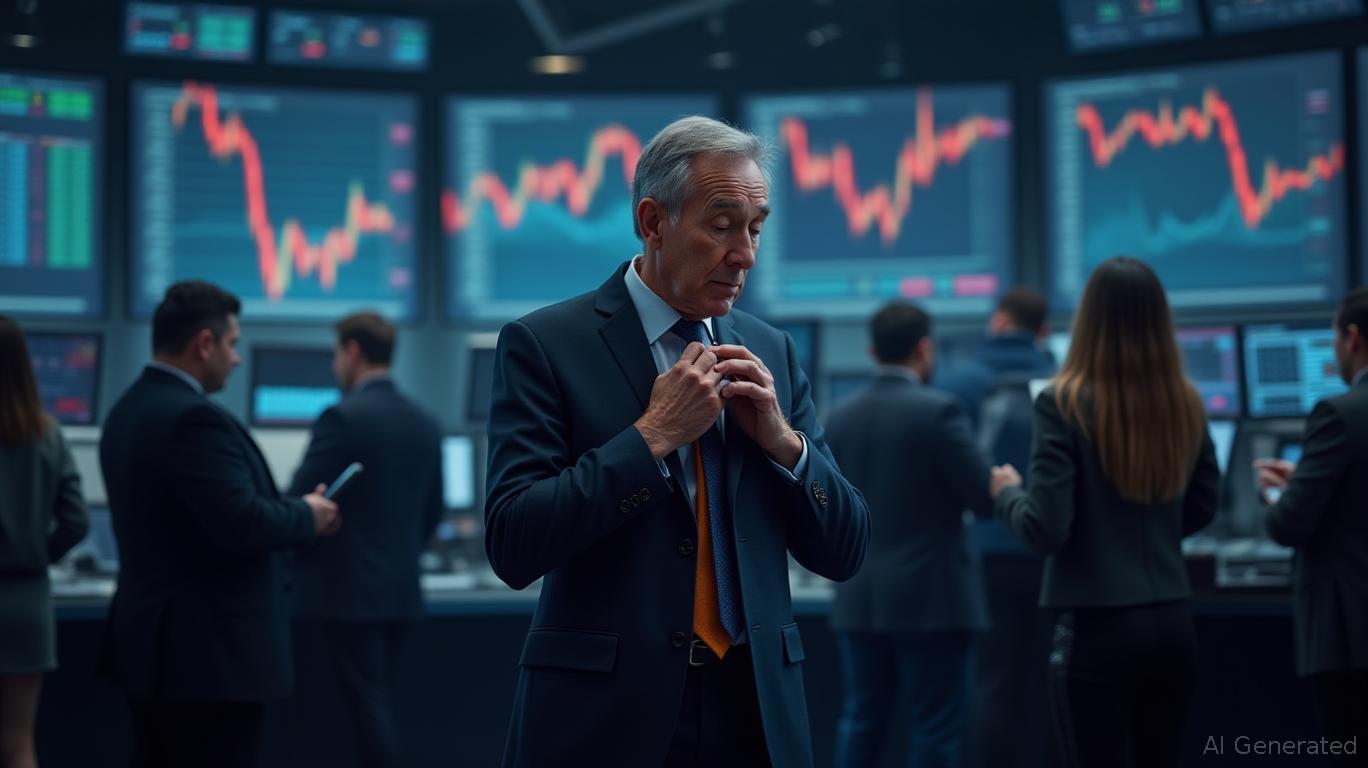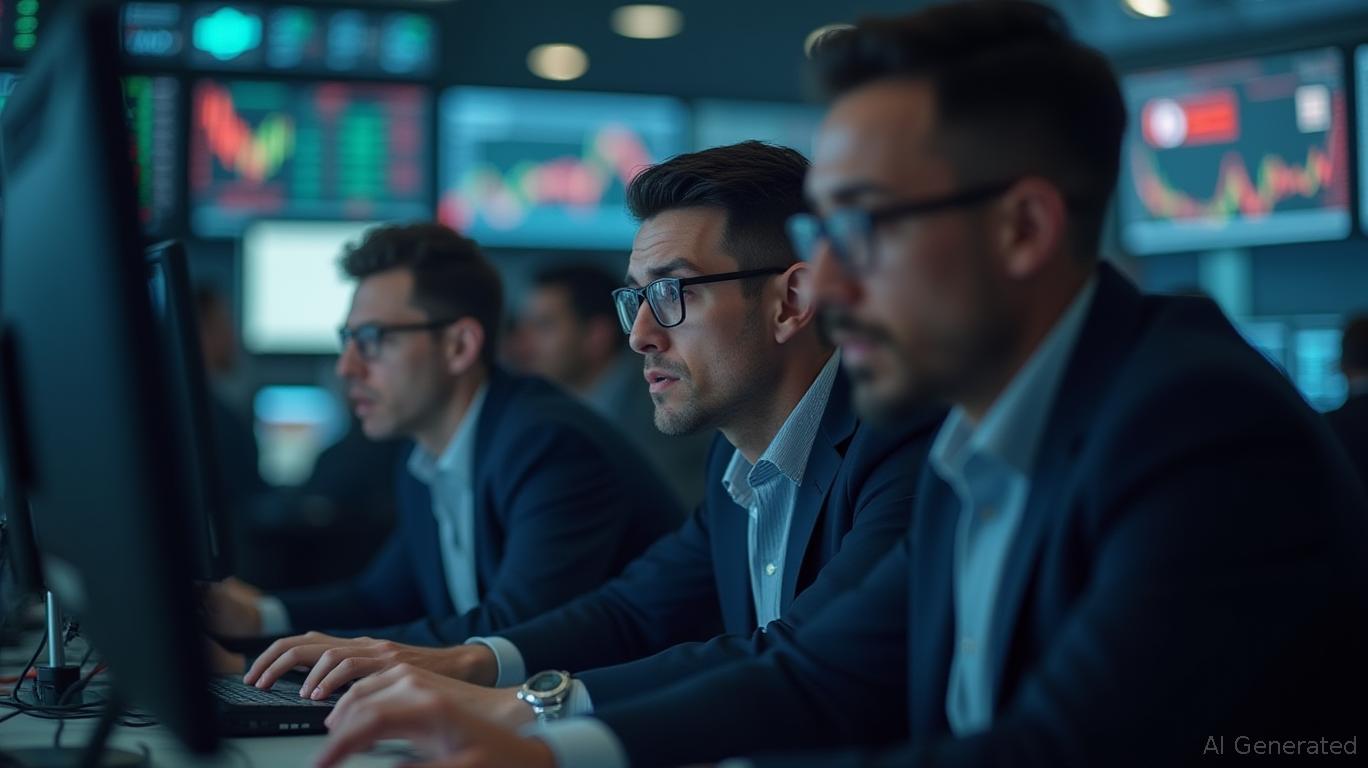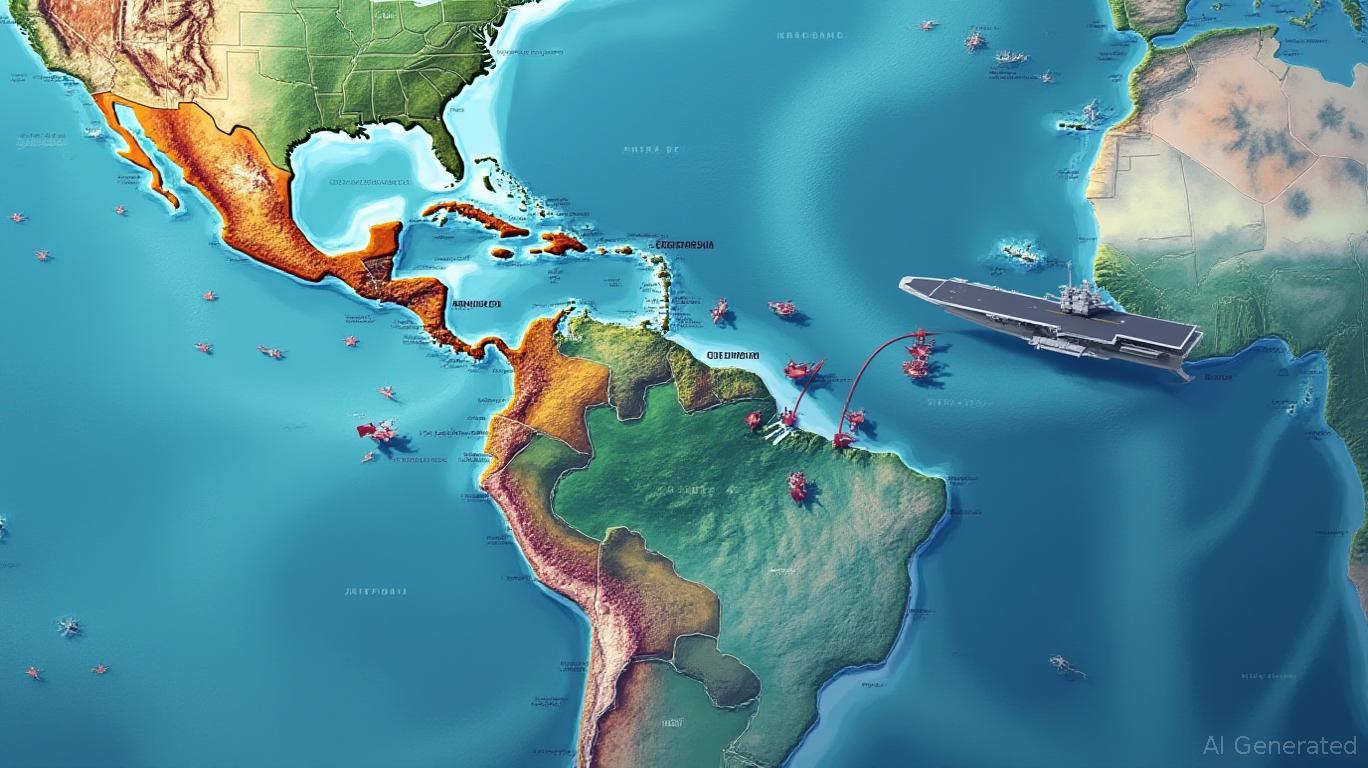Investors pile into alts through ETFs
Nearly half of Americans are ditching the old-school playbook. According to a Charles Schwab survey released yesterday, 45% of US investors now say they want to put money into non-traditional assets, and that includes everything from crypto and gold to private equity, real estate partnerships, and hedge funds.
The same poll says two-thirds of people think sticking only to stocks and bonds doesn’t cut it anymore.
Reportedly, Schwab asked 2,400 people (2,000 adults, plus an extra 200 Gen Zers and 200 crypto investors) what they thought about investing. The message was loud and clear: the traditional model isn’t enough. Young people, especially, are fed up. Experts even have a name for it: “financial nihilism.” People want more choices, and they’re not scared to look outside the usual options.
Investors pile into alts through ETFs
Alternative investments, or “alts,” include anything outside the usual cash, stocks, and bonds. We’re talking commodities like gold and oil, real estate, private companies, and of course, cryptocurrency. But these options are messy. They come with complex rules, lock-up periods, and in many cases, low liquidity. That’s where exchange-traded funds (ETFs) come in.
Instead of diving into private deals, more investors are picking ETFs that track these riskier assets. It’s a safer way to get in without locking up funds for years. According to State Street Investment Management, over $1 trillion has already gone into U.S.-based ETFs this year, and analysts allegedly told CNBC that much of that money has gone straight into gold and crypto ETFs.
Cathy Curtis, CEO of Curtis Financial Planning, says ETFs help skip the red tape. “These [private] investments often have multi-year lockup periods, limited redemption windows, or depend on the underlying fund liquidating its holdings before investors can get paid out,” she said. In contrast, ETFs holding those same assets can still be bought and sold throughout the day, even in after-hours trading.
But Curtis also gave a warning. People with smaller portfolios shouldn’t go too deep into alts. “Keep alternatives under 5% if your portfolio’s small. Bigger investors can push it to 10–15%,” she said. ETFs offer access, but they’re not magic.
Government pushes make alt access easier
The regulatory environment is also shifting. In August, former President Donald Trump signed an executive order that makes it easier to offer alts inside workplace retirement plans. At the same time, the U.S. Securities and Exchange Commission (SEC) has rolled out changes that could speed up the launch of spot crypto ETFs. Both moves could blow the door wide open for more everyday investors to buy into alternatives without complicated legal or financial hoops.
Still, not everyone’s convinced it’s time to jump ship from traditional assets. Andy Reed, who heads behavioral economics research at Vanguard, says the hype can lead people into bad decisions. “Although there is constant noise in the investment landscape, chasing fads or the latest headlines can negatively impact an investor’s portfolio in the short and long term,” Reed said.
And the data backs him. If you had tossed $1,000 into the S&P 500 in February 1970, you’d be sitting on over $379,000 today. Even a $1,000 bet in January 2020 would be worth $2,200 by October 20, according to Morningstar Direct.
So, while more investors are hungry for alternatives, the message from advisors is clear: non-traditional assets are growing, but they’re not a free pass. As Curtis put it, “Boring investing still works.”
Disclaimer: The content of this article solely reflects the author's opinion and does not represent the platform in any capacity. This article is not intended to serve as a reference for making investment decisions.
You may also like
Pharmaceutical and defense industries are heavily investing in AI, yet concerns about overvaluation persist
- Novartis acquires Avidity Biosciences for $12B to advance gene therapy and AI-driven drug development. - The deal reflects biotech's M&A trend, leveraging AI to accelerate innovation and reduce R&D costs. - Palantir and BigBear.ai see AI-driven growth through defense contracts, but face valuation risks amid high multiples. - Forbes survey highlights AI strategies in high-growth firms, with regional and sector adoption disparities. - Experts warn of valuation risks as AI-focused M&A surges, with execution

Bitcoin Updates Today: Bitcoin Shows Strength as Fed's Shift to Dovish Stance Eases Powell's Ambiguity
- Fed Chair Powell's speech triggered sharp Bitcoin swings, dropping 2% before rebounding amid mixed policy signals. - 3.75%-4.00% rate cut and QT pause injected liquidity, boosting crypto inflows as Bitcoin neared $113,000. - Political tensions and Trump's tariff rhetoric added volatility, though markets focused on Fed's dovish pivot. - 80% chance priced for December rate cut, with crypto markets embracing easing cycle despite Powell's uncertainty.

Ethereum News Update: Bitcoin Price Swings Trigger $2.95B Wave of Crypto Liquidations
- Crypto market saw $2.95B in leveraged liquidations as Bitcoin surged past $116,000, triggering massive short position collapses and heightened volatility. - Ethereum faced $522M in 24-hour liquidations while ETHZilla liquidated $40M in ETH for share buybacks, raising concerns about price stability. - Traditional markets contrasted crypto turmoil with $170.6M in corporate buybacks, while Bitmain's $135M ETH purchase signaled institutional confidence. - Blazpay's $925.7K presale raised investor confidence

America’s Strategic Move in the Hemisphere: Aircraft Carrier Redeployment Heightens Strain Amid Unraveling Middle East Truce
- U.S. deploys Ford Carrier Strike Group to Latin America to combat drug trafficking, escalating regional tensions and straining Venezuela-Colombia relations. - Trump's "narco-terrorism" strategy faces backlash as Maduro condemns operations and Colombia accuses U.S. forces of civilian casualties. - Shifting carriers to Latin America leaves Mediterranean/Mideast vulnerable, coinciding with Gaza ceasefire collapse and rising Israeli-Hamas clashes. - Analysts warn Ford's absence risks destabilizing Iran-Houth

